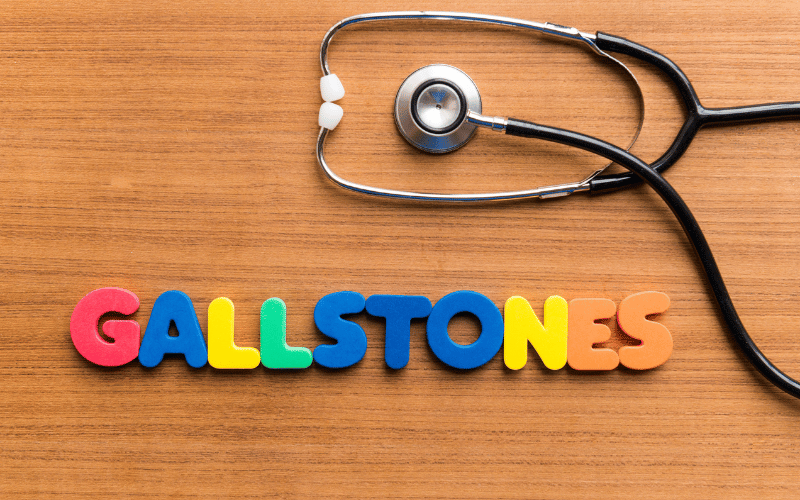Fact 12: Gallstones and Gallbladder Cancer

Gallstones are hard, pebble-like deposits that form in the gallbladder. Composed mainly of cholesterol, bilirubin, or a combination of the two, they can vary in size from a grain of sand to a golf ball. A common condition, gallstones can lead to inflammation, infections, and even blockages in the bile ducts.
Persistent gallstone issues can cause chronic inflammation of the gallbladder. This inflammation can, over time, increase the risk of gallbladder cancer. While not everyone with gallstones will develop cancer, the correlation between prolonged gallstone disease and an elevated risk of gallbladder malignancies is hard to dismiss.
Although many gallstones are asymptomatic, some present tell-tale signs. These can include pain in the upper right or center abdomen, especially after eating fatty foods, fever, jaundice, or even dark urine. Identifying and treating gallstones early can not only alleviate symptoms but also reduce the associated risks of complications, including cancer.
The treatment for gallstones often includes the removal of the gallbladder, a procedure known as a cholecystectomy. For individuals with a significant risk, such surgical interventions can act as both a treatment for gallstones and a preventive measure against gallbladder cancer. Moreover, a balanced diet and maintaining a healthy weight can reduce the chances of gallstone formation.
Gallstones aren’t exclusive to any particular region or demographic. Their prevalence is global, with certain populations showing higher incidences due to dietary habits or genetic predispositions. Awareness of gallstones and their potential implications is crucial. Communities worldwide benefit from educational initiatives highlighting the condition, its symptoms, and its links to gallbladder cancer. (12)